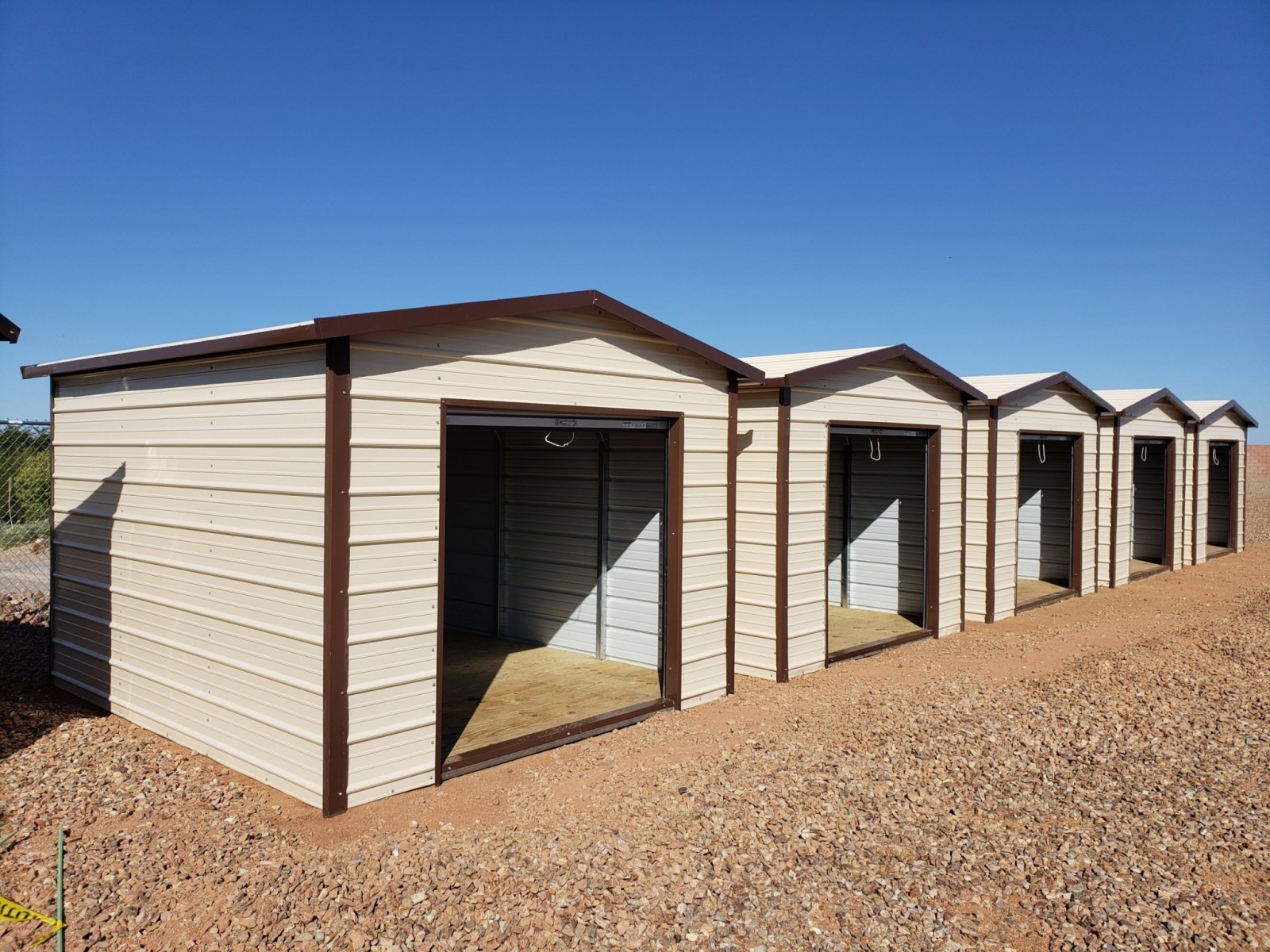Bibb County is a county located in the U.S. state of Georgia. As of the 2010 census, the county had a population of 155,547. The county is located in the Central Georgia region. It is the largest county in the Macon metropolitan area. The county is home to numerous schools, colleges, and parks.
Bibb County was formed on December 9, 1822, from portions of Houston, Monroe, and Twiggs counties. It is named for William Wyatt Bibb, a Georgia politician and the first governor of Alabama. Bibb County is located on the fall line, between the Piedmont and the Coastal Plain. Its history dates back to the Native American civilizations. In the 1690s, British traders established a trading post along the river.
As of the 1860 census, more than 1 million enslaved African Americans lived in Georgia. Before the American Civil War, the enslaved population comprised more than half of the state’s population. Bibb County was one of the few places in the South where the numbers were so high.
Bibb County was formed in 1822, and parts of Twiggs and Jones counties were added in 1834. In 1835, Old Baldwin, now Jones, was annexed to Bibb County. The county seat is Macon, and numerous smaller towns once existed in the area. Vineville and Huguenin Heights were two such towns before they were annexed to Macon. Payne City was incorporated in 1899 and is an industrial town.
Bibb county is home to four higher education institutions. One of these institutions, Wesleyan College, was the first college in the world to grant degrees to women. Other colleges include Mercer University and Macon State College. The county also hosts the Central Georgia Technical College. Some famous residents of the area include poet Sidney Lanier and singer Otis Redding. The county has a vibrant cultural community and is home to many businesses.
Bibb County has a diverse population. A large portion of the population is Black, though it is also home to some Hispanics. The county was named after Dr. William Wyatt Bibb, a former U.S. representative and first governor of the Alabama Territory. During the Civil War, 10% of the white population served in the Confederate States Army. During this time, Atlanta was largely destroyed.
The Bibb County animal services department provides assistance to residents with stray animals, domestic animals, and pet adoptions. In addition, the office also handles bite reports, local wildlife complaints, and public health concerns. Unfortunately, these services do not come for free. Therefore, it is important to seek help for these problems and get the information you need to help your family or business. It is important to note that there are no free services for wildlife removal.
As a result, Bibb County’s district team recognized that it was essential for students to receive rigorous and consistent literacy instruction. They decided to use the ThinkCERCA curriculum, which offers content-specific literacy lessons. They also began a three-year strategic partnership with the company. This partnership has helped the county make progress on state assessments.
After the Civil War, the region began to revive, and manufacturing became the county’s primary employer. In addition, World War I brought the construction of Camp Wheeler in the county’s southeastern area. The camp was active from July 1917 to December 1918. It was reestablished during World War II. The city’s economy recovered in the following decades and is now an important center of industry. In the past, it was home to many major companies.
A museum is an excellent place to visit to learn more about Georgia history. Bibb County is home to the largest African American museum in Georgia. It features fourteen exhibition galleries and a resource center. It has a 63-foot mural, a permanent collection, and touring exhibitions of African American art. You’ll also learn about the history of famous African American artists such as Otis Redding and Sidney Clopton Lanier.
Bibb County, Georgia has a high median household income. It has a low unemployment rate. One-third of the population owns a home. The median property value is $132,700. The homeownership rate is 61.4%. Most residents commute by car, with an average commute time of 23.2 minutes. There are an average of two cars per household.
The Ocmulgee River flows through Bibb County. It joins the Oconee River in southern Georgia and eventually joins the Altamaha River, which flows into the Atlantic Ocean. The Ocmulgee River is mostly navigable for small boats. Native American populations were concentrated along the Ocmulgee River Flood Plain and along larger creeks that flow into it. Early agricultural experiments were also conducted in the area.




